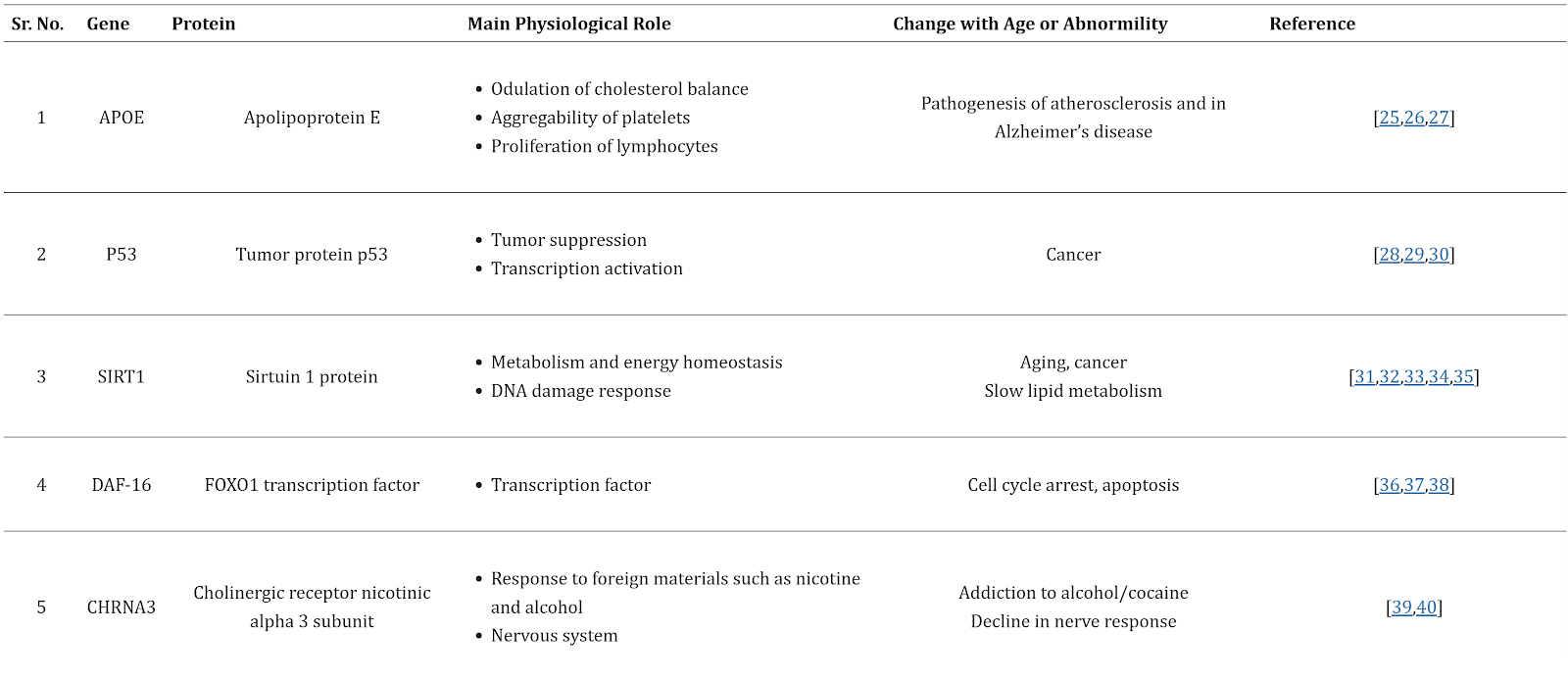The article gives new insight into new research claiming that genes actually play a role in determining the life span of people and also influencing the likelihood of age-related diseases. "Aging is a complex process indicated by low energy levels, declined physiological activity, stress induced loss of homeostasis leading to the risk of diseases and mortality." (PMC). In the one study, a specific gene was identified to associate with exceptional longevity, as it was seen to live anywhere from1 to 3 decades more than the average US life span.
The researchers in order to under genetic components of longevity than took DNA from 800 people that were aged from 95 to 119 years old. The DNA was taken and was then compared with other DNA from random controls. During this study they were able to identify specific genetic variations that are associated with longevity and from there they were able to develop a genetic model that comprised of 150 single-nucleotide polymorphisms. This developed genetic model was able to compute the predisposition of an individual towards exceptional longevity since the model was able to predict exceptional longevity in samples of those that lived to 100 years old and provide a 77% accuracy with this model. With further research, they found 19 subgroups of centenarians which all were associated with different genetics paths and contained a delay onset of age-related diseases. It was also found that 15% of control subjects contained the genetic signature that is associated with longevity. This shows us that there is genetic potential for a longer life span and that further research will need to be done in order to verify the model's utility for genetic testing.


No comments:
Post a Comment